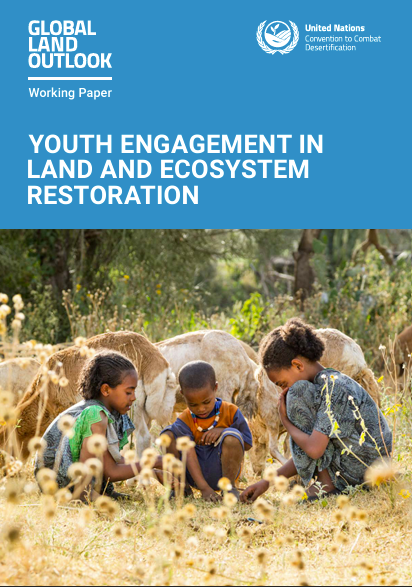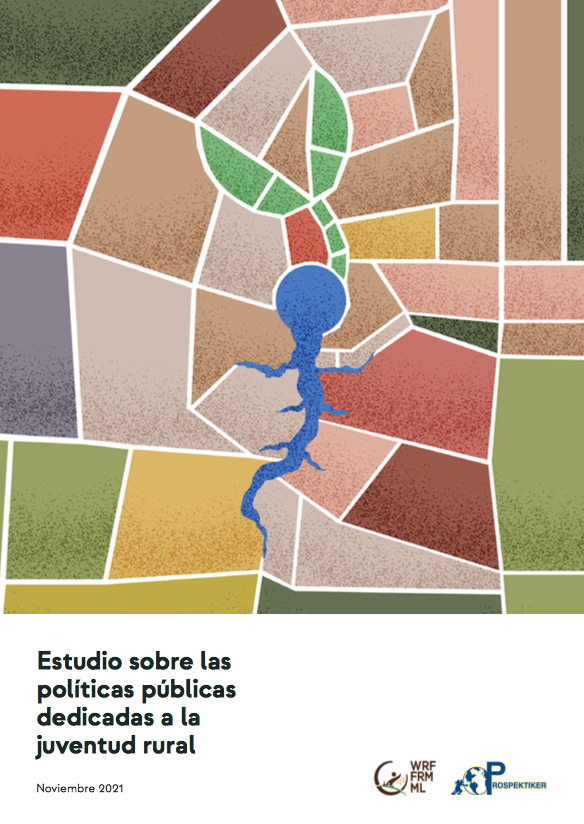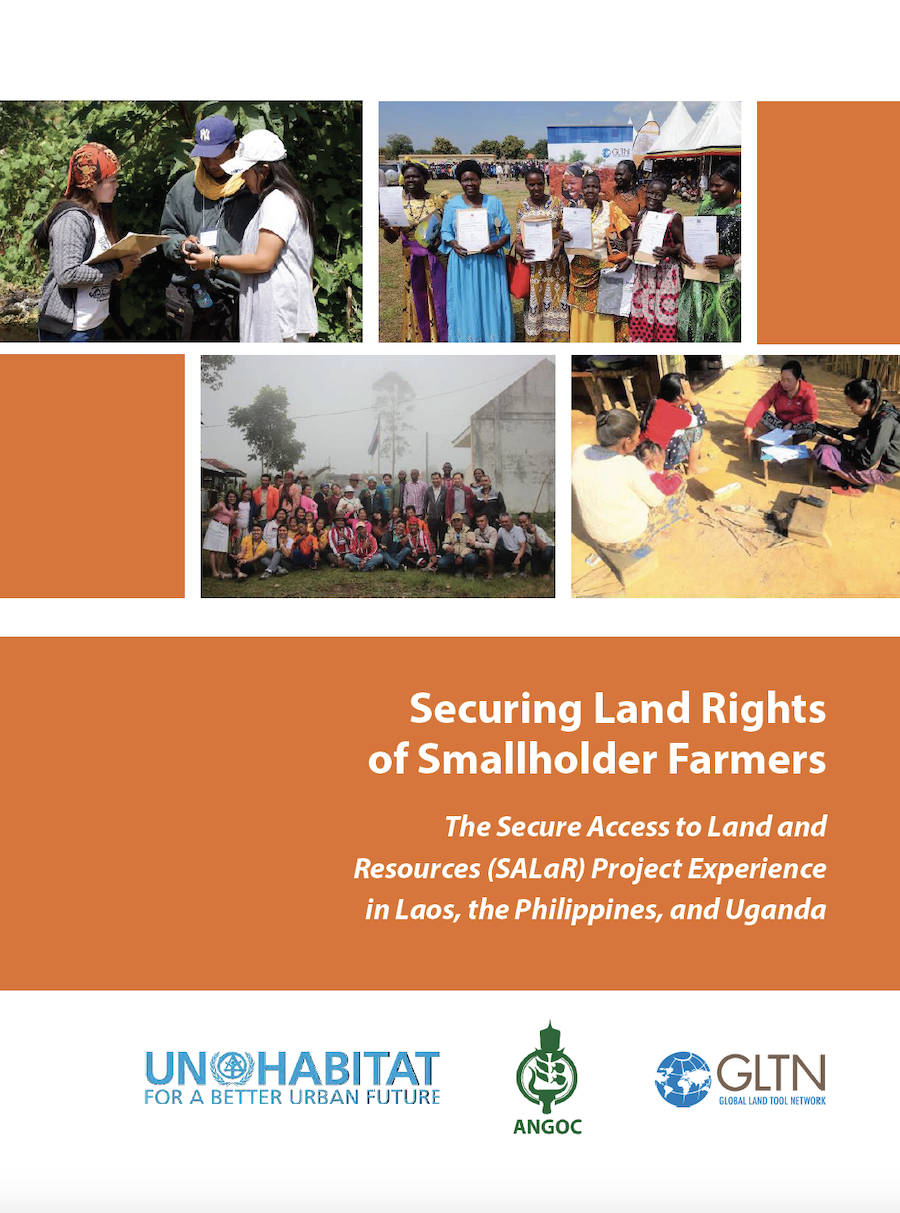Rural youth in southern Nigeria: fractured lives and ambitious futures
This article draws on recent research (2017–20) into the livelihoods and imagined futures of rural youth in four communities in southern Nigeria. The research involved observations, sex-segregated focus group discussions and individual interviews. Taking up insights from sociologists of education and work, our analysis shows how rural youth simultaneously navigated schooling, farming, low-paid vocational work and family obligations in ways that were highly gendered.






